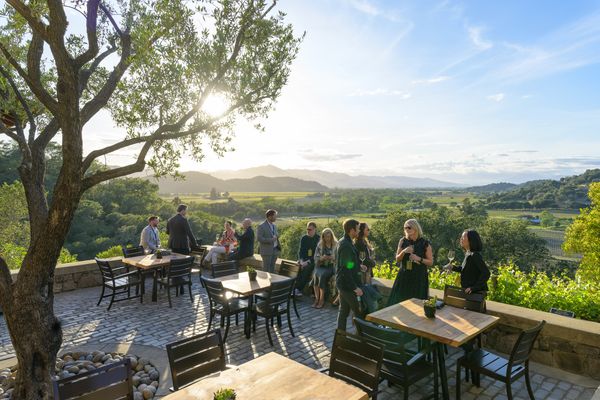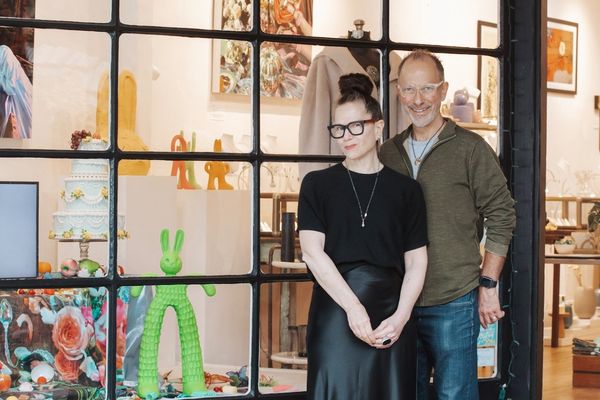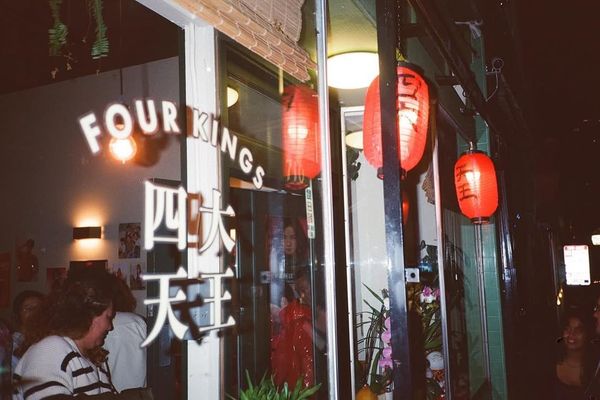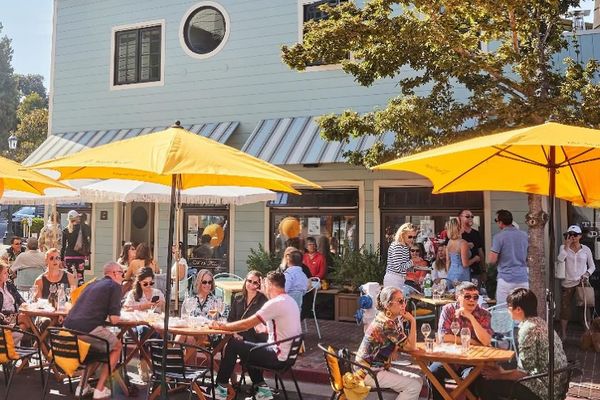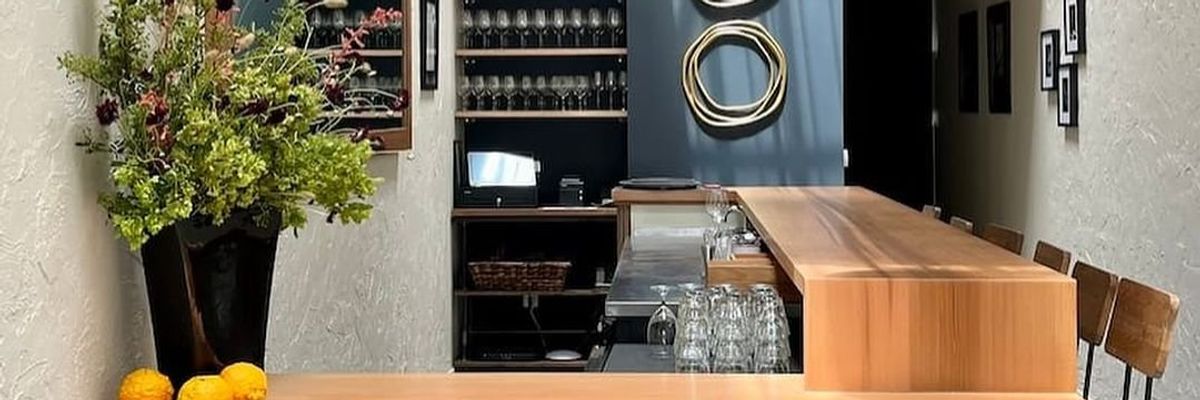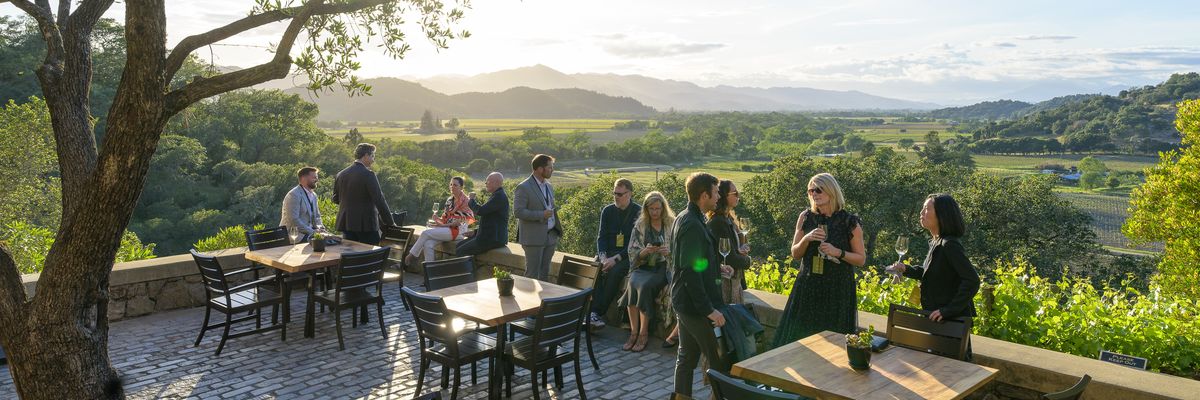Last weekend I had a great meal at Church & State in Los Angeles. My dining companions and I sat there, in the center of the dining room amidst a swirl of activity, and I felt the happiest I'd been in a restaurant in quite some time. Everything was great—great energy, smart servers, terrific food—but there was also some indescribable brilliance that made that spot feel special. Restaurants—even good restaurants—don't always have this magic ingredient, and while we worked out way through bacalao fritters, escargot, perfect John Dory, we tried to figure out what it was.
I actually think about this a lot—why some restaurants are great and others are lame, what it is—beyond the obvious (food, service) that makes a restaurant feel special. Across the pond, the London Sunday Times restaurant reviewer A.A. Gill was thinking the same thing, and yesterday published a story called "The Golden Rules of a Perfect Restaurant." More then rules for a perfect restaurant, his article reads more like a cautionary tale for wanna-be restauranteurs and chefs, a dose of reality.
Says Gill, "The worst reason to open a restaurant is because you really love feeding people, and want to make a warm, hospitable, elegant space with great food, where friends can come and have a wonderful cosy time. A restaurant is a business. You have to want to work for money, not give dinner parties and be palmed tips." He goes on for nine more bulleted points, each with his gems of wisdom—"a restaurant is not a theatre" (sorry, OPEN restuarant); "Every facet of a restaurant needs fixing all the time" (true); "Restauranteurs have no idea what it's like to be a customer in their own dining room" (also true); "To become a restauranteur is to lose any sense of relative worth"; "No restaurant PR has ever made a positive difference to any restaurant in the history of catering" (hmm); "location, location, location means little or nothing" (true at Church & State, certainly, which is in an alley on the outskirts of downtown Los Angeles, and true at Aziza, way out in the middle of nowhere); "hard work seems to make little difference" (I'd argue here that hard work won't make a bad restaurant good, necessarily, but it goes a long way towards making a good restaurant great).
But like me, Gill can't put his finger on the magic. I suppose if he or I could, we'd probably become wealthy restaurant consultants and none of us would ever again have to suffer the indignity of a terrible dinner at a subpar but well-intentioned neighborhood joint. As he ends his piece, "I still can't tell you what will make them good or successful (not necessarily the same thing). It is an elusive and capricious alchemy." Those who have it should feel, above all else, incredibly lucky.



